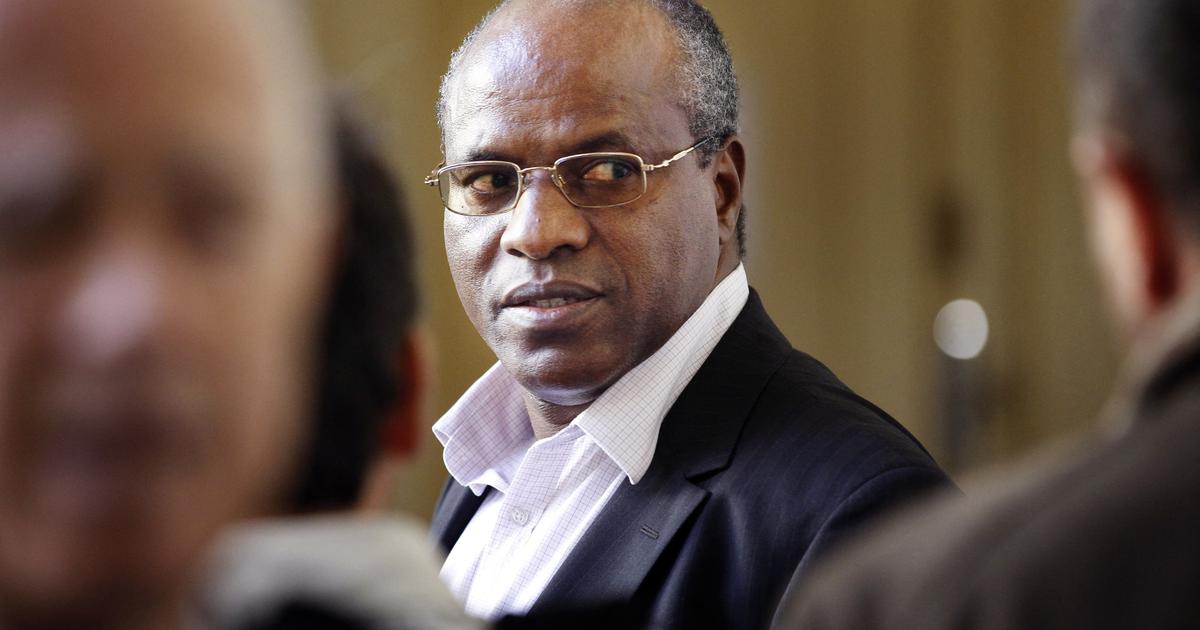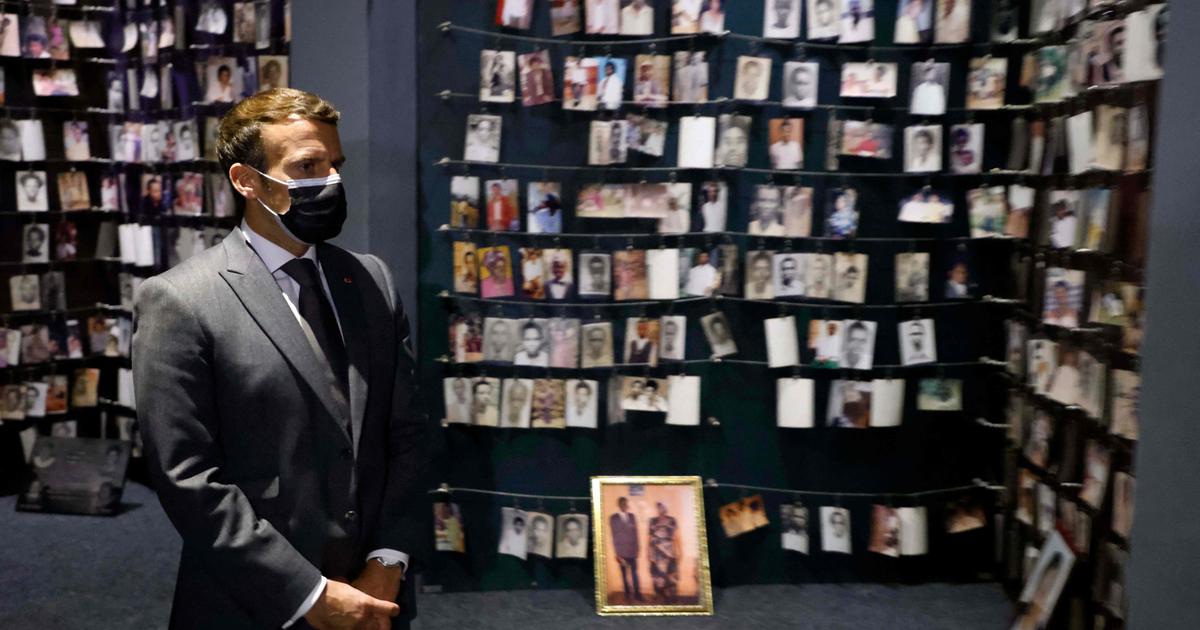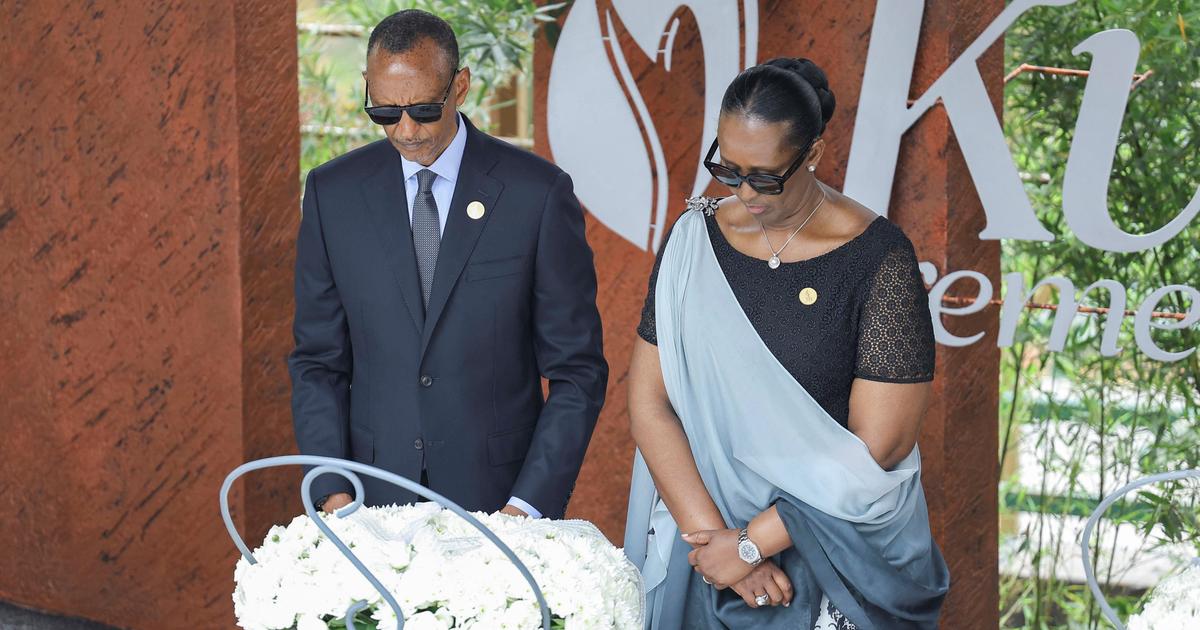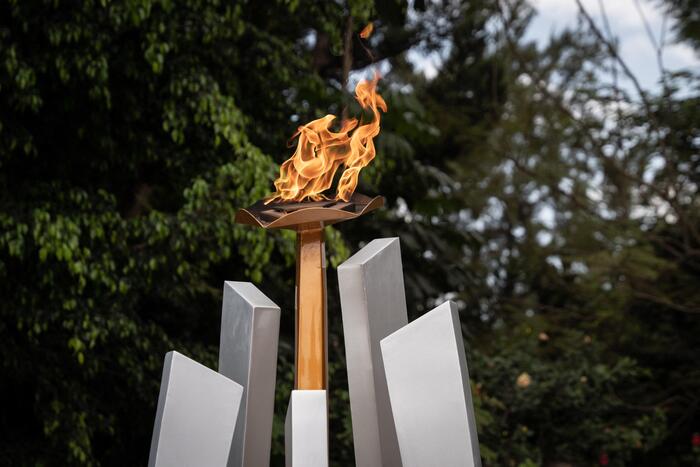The trial of Rwandan doctor Sosthène Munyemana, who has been living in France since September 1994 and prosecuted for genocide and crimes against humanity, will be held from November 13 to December 22, 2023 before the Paris Assize Court, AFP learned on Tuesday 3 January from judicial sources.
This will be the sixth case linked to the extermination of the Tutsi in 1994 in Rwanda judged in France.
It is also one of the oldest, this former doctor from Butare (southern Rwanda) being the subject of a complaint for genocide since 1995. First placed under the intermediate status of assisted witness, Sosthène Munyemana had been indicted in 2011 for his alleged participation in the genocide which, according to the UN, killed at least 800,000 people between April and July 1994 in Rwanda, mainly among the Tutsi minority, but also among moderate Hutus.
Read alsoUnited Kingdom: what changes the validation of the High Court for the deportation of asylum seekers to Rwanda
At the end of the investigations in 2018, an investigating judge from the "
crimes against humanity
" center in Paris had ordered a trial at the assizes, a decision confirmed on appeal in 2021. The Court of Cassation had definitively validated his dismissal in March 2022 The doctor's lawyers had raised, in vain, the nullity of the procedure because of its "
excessive duration which (them) seemed to violate the rights of the defense
".
SEE ALSO
- DRC / Rwanda: ministers undertake to "accelerate" the de-escalation of hostilities
“Rounds” during the massacres
Sosthène Munyemana will be tried for “
genocide
”, “
crimes against humanity
”, “
complicity
” and “
participation in an agreement for the preparation
” of these crimes.
He is notably suspected of having "
voluntarily supported the interim government by signing a motion of support on April 16, 1994, i.e. 10 days after the start of the genocide
" and contributed to setting up "
barriers
" and "
rounds
" during the massacres, according to elements of the dismissal order of which AFP has knowledge.
Read alsoBritish justice deems plan to deport migrants to Rwanda legal
Arriving in France after the genocide, Dr. Munyemana had his asylum application refused in 2008 because of the suspicions weighing on him.
The extradition request made by Kigali against him was rejected in 2010. Married and father of three children, this former gynecologist began practicing in the early 2000s as an emergency doctor in a hospital in Villeneuve-sur-Lot, in the south-west of France.
To date, four cases related to the genocide in Rwanda have given rise to trials in France, two of which have been finally judged.
The former Rwandan gendarme Philippe Hategekimana, naturalized French under the name of Philippe Manier, must appear before the assizes of Paris from May 10 to June 30.
SEE ALSO
- Twenty-five years after the genocide in Rwanda, France's role remains in question









